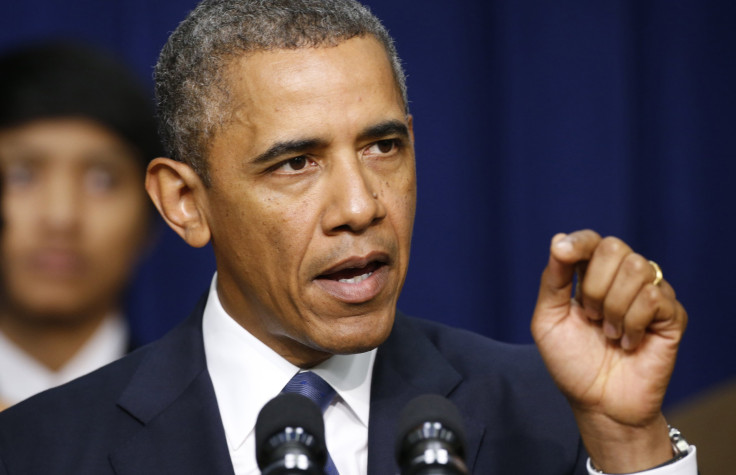
The partial government shutdown in the United States has entered its thirteenth day and with the debt ceiling looming the Unites States is in real danger of defaulting on its loans. Countries in Latin America are also watching the U.S debt crisis closely because a U.S default on its loans will have serious consequences for the economy of Latin American countries. Currently the American government owes 16.7 trillion dollars to China. The Chinese have purchased a lot of U.S treasury bonds if the United States were to default on their loans China would be the world's most powerful economy.
The Unites States of America is the largest trading partner Latin America has. Were the United States to default the exchange rate in Latin America would decrease and countries in the region and the Caribbean would not be able to compete in a global trading market. Juan Alberto Pineda, a Colombian financial analyst told El Economista America what they are seeing coming out of Washington D.C regarding the debt crisis does "not look positive for Latin American exports, or an exchange rate that allows the region to compete in global trade."
Pineda continued by saying, "I fear that Latin America, already flooded by the excess of American dollars with no support, will see a downgrade of its currencies." The International Business Times reports that Pineda made this statement in reference to a monetary policy put forward by the Federal Reserve, which has made the dollar available at a near-zero interest rate for a number of years. A number of Latin American currencies including Venezuela, Argentina and Brazil have already seen drops relative to the American dollar.
As a result of the government shutdown in America the two largest economies in Latin America, Mexico and Brazil saw their economies fluctuate, rising one moment and then falling the next. The Mexican peso hit a monthly low due to the US demand for Mexican products. In Brazil the currency boomed because of the belief that the shutdown would delay the stimulus program from the Federal Reserve that would insert inexpensive American cash into surfacing markets around the world.
A Latin American analyst at Eurasia Group, Jefferson Finch spoke with the Christian Science Monitor saying, "What affects the Brazilian real is more international financial flows, and what impacts the Mexican peso is more economic growth prospects in the U.S." The US is looking to make a decision on the debt crisis as soon as Friday in order to avoid the worst-case scenario.
© 2025 Latin Times. All rights reserved. Do not reproduce without permission.




